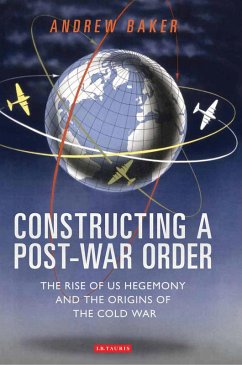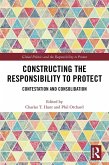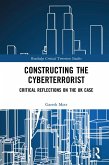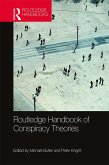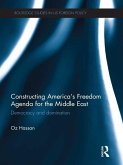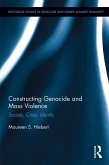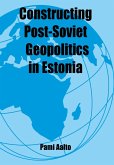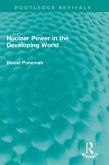The years 1942 to 1946 saw the acceleration of World War II, its conclusion and the construction of a post-war order that was to culminate in the Cold War. Andrew Baker here examines the expansion of US political and economic power and hegemony during this period, and the extent to which smaller states, particularly Australia, New Zealand, Canada and South Africa, contested this expansion. Through successfully outlining and defending their own notions of sovereignty, property and commercial rights, they were able to a make a significant contribution towards fashioning a post-war framework more conducive to states than empires. This analysis of the period immediately after World War II will appeal to researchers of history and international relations, as well as those interested in the political economy of the post-war world.
Bitte wählen Sie Ihr Anliegen aus.
Rechnungen
Retourenschein anfordern
Bestellstatus
Storno

